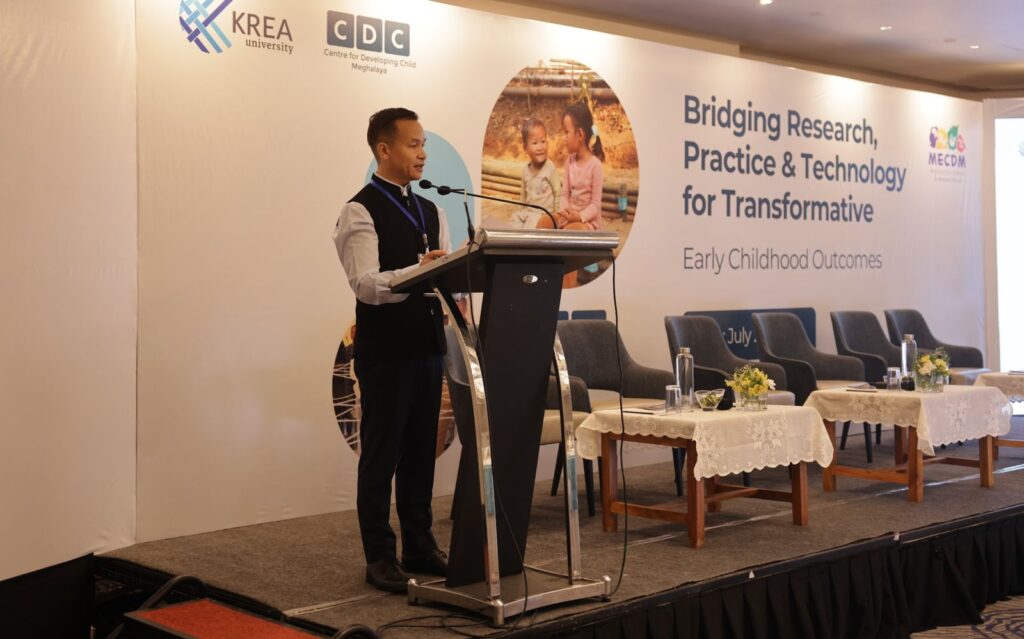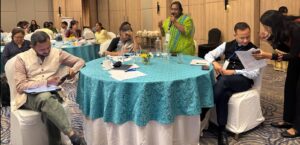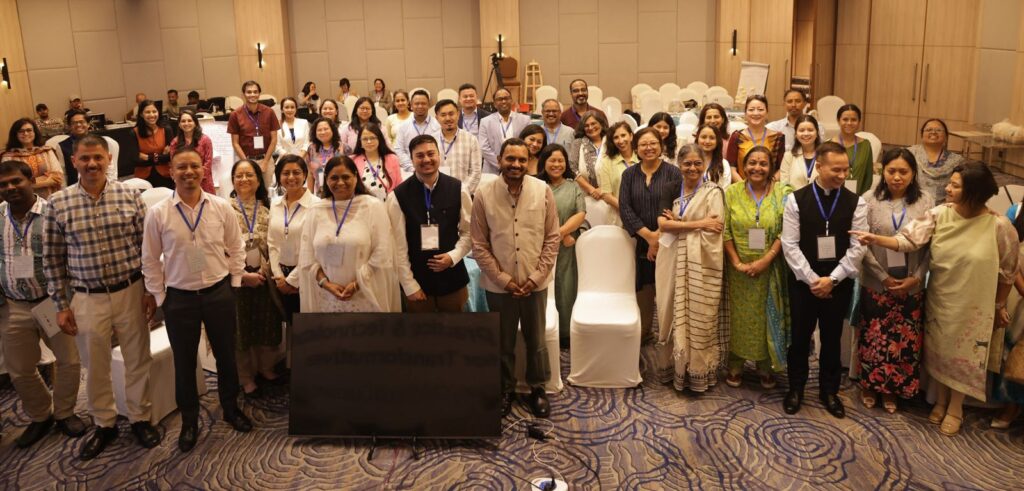At the inaugural Early Childhood Development (ECD) Workshop in Shillong, Mr. Ronald Kynta, Chief Operating Officer of the Meghalaya Early Childhood Development Mission (MECDM), made a landmark announcement that could redefine the state’s child development landscape. The Asian Development Bank (ADB) has allocated USD 2.5 million over the next two years to establish and operationalise the Centre for Developing Child (CDC), Meghalaya.
More than a financial pledge, this investment signals the transition from vision to execution in Meghalaya’s ECD mission. The CDC will function as the nerve centre for convergence planning, evidence-driven policymaking, and adaptive programme design, bringing together Health, Education, Social Welfare, Rural Development, and other departments under a unified, child-first governance model.

“This is not about creating a new vertical,” Mr. Kynta emphasised. “It’s about building a shared platform that enables all departments to work through a single lens, the needs of the child.”
A National-Level Learning Hub
Designed to be more than a state initiative, the CDC will serve as a national demonstration site for integrated child development governance, offering a blueprint for other Indian states. Its key functions will include:
- Harnessing real-time data to inform responsive action and course corrections
- Strengthening frontline capacity through targeted training and mentorship
- Deepening community participation, ensuring that local voices shape child development strategies
These priorities echo the workshop’s overarching theme — “Bridging Research, Practice, and Technology for Transformative Early Childhood Outcomes” which called for moving beyond fragmented programmes toward a multi-sectoral, human-centred approach from birth to adolescence.

Anchored in Systems Reform
Mr. Kynta’s announcement followed Development Commissioner Shri Sampath Kumar’s opening remarks, which framed ECD as an ecosystem rather than a standalone programme. Shri. Kumar underscored that health, nutrition, education, livelihoods, and social protection must converge to create nurturing care environments. He cited successful grassroots initiatives in Meghalaya, from parenting workshops to VEC-led child-friendly spaces, and the newly launched ECD Graduate Fellowship Programme that places trained youth in Anganwadi Centres.
The CDC’s mandate aligns with this vision — strengthening existing infrastructure, leveraging national schemes like the Rashtriya Bal Swasthya Karyakram (RBSK), and embedding community ownership into child development.
Catalyst for Cross-Sectoral Collaboration

Throughout the workshop, experts from across India — including developmental paediatricians, educationists, UNICEF representatives, and leaders from Karnataka, Maharashtra, and Odisha — shared evidence that household environment, women’s education, and cultural contexts are as critical as technical interventions in reducing child undernutrition and improving development outcomes.
With ADB’s backing, the CDC will be positioned to act on these insights by fostering interdepartmental cooperation and piloting context-specific, culturally grounded models.